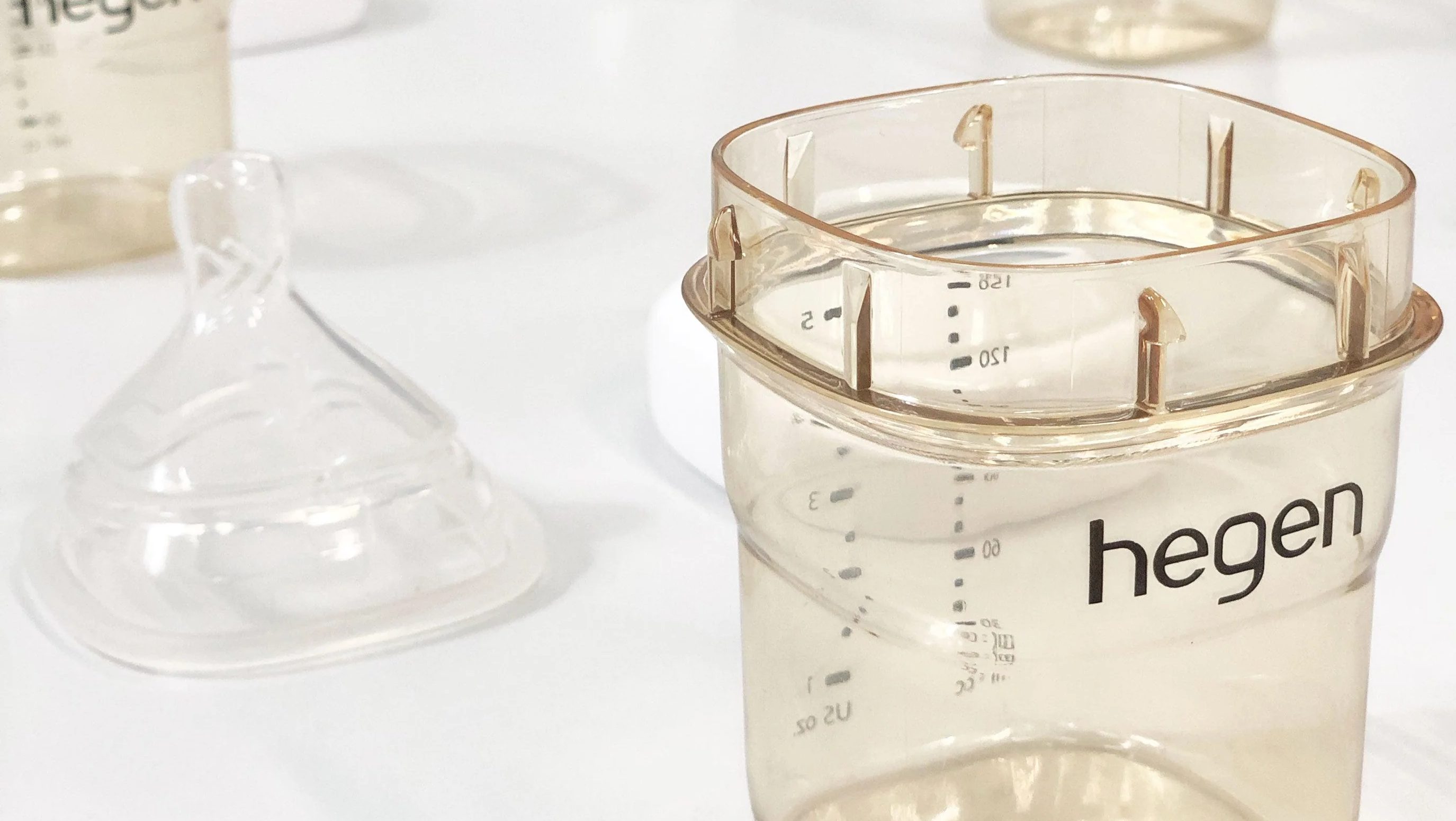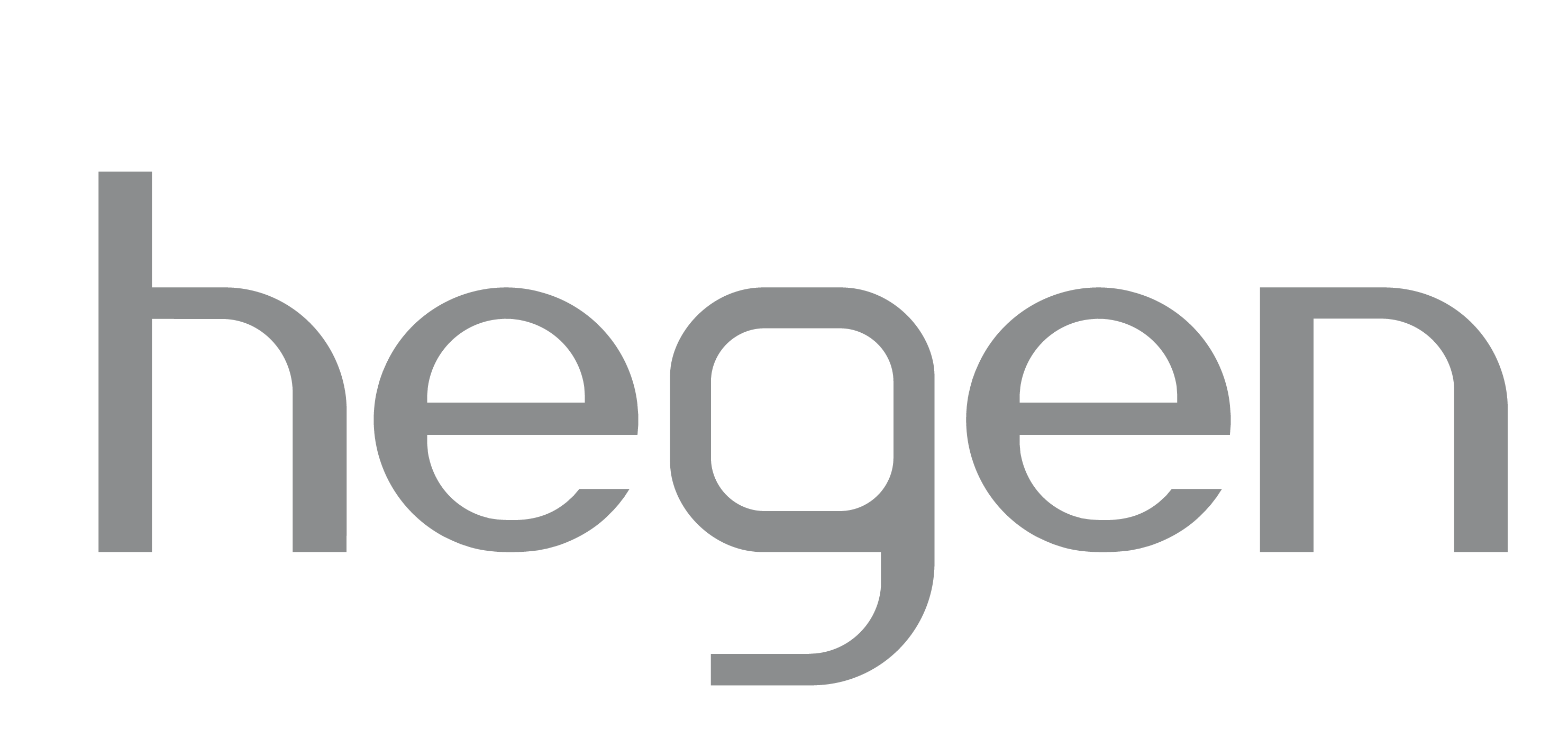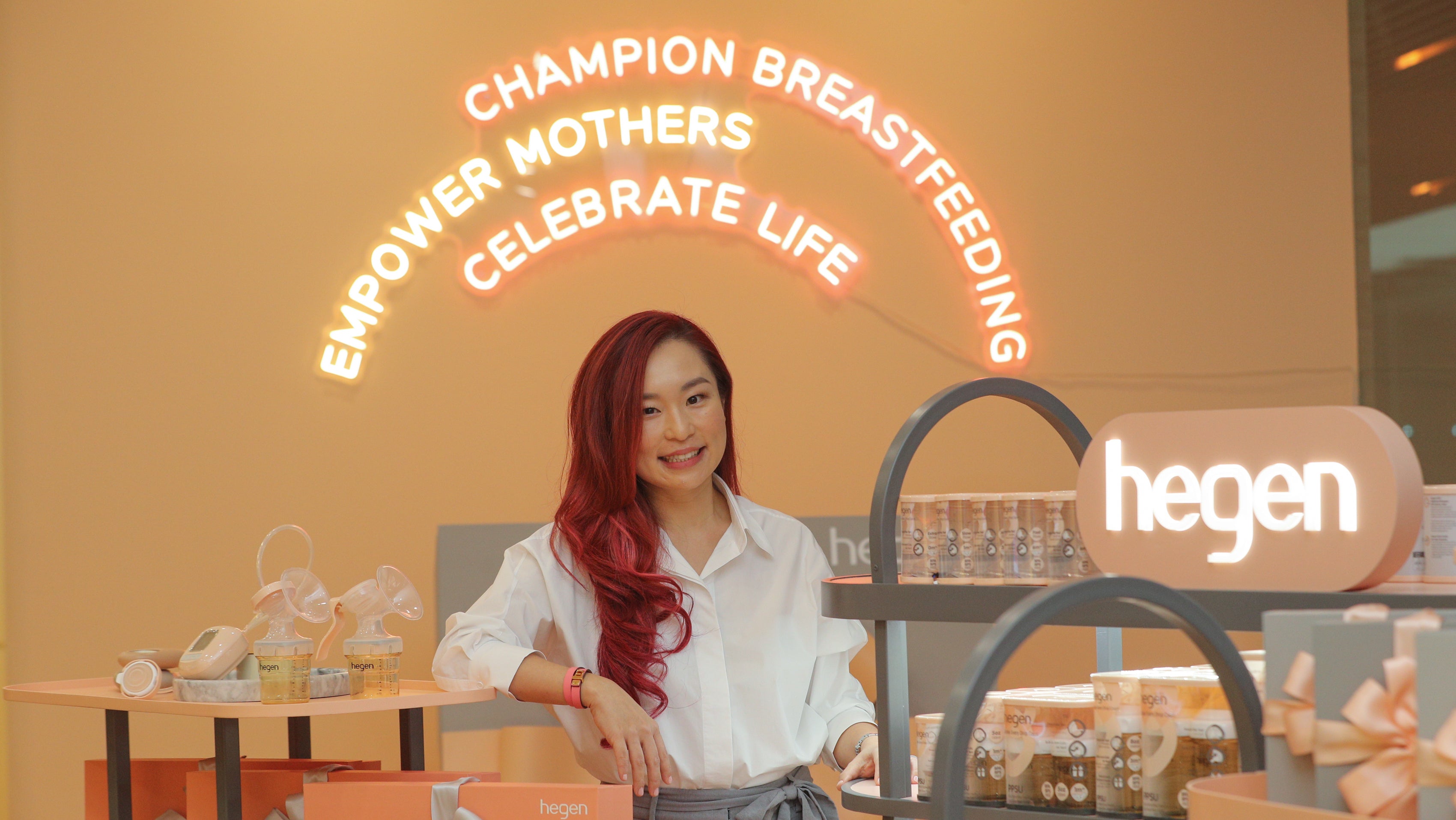Article: How Many Baby Bottles Will I Need?

How Many Baby Bottles Will I Need?
Having a baby is an exciting time, especially for first-time parents.
However, when it comes to feeding time, knowing the best choice can be confusing with the many different options available.
Breast-feeding is one of the healthiest options, but there may be times when you will need to use a bottle for your baby even if you are breast feeding.
How Many Baby Bottles Should I Buy Before My Baby is Born?
The general rule for the number of baby bottles you will need ranges from 4 to 12, depending on whether you will use formula, or you will breast feed. It will be best to have at least 8-10 bottles on hand before your baby is born.
You will want to start with five-ounce bottles and then move to eight-ounce bottles until the baby is about four months old.
Once the baby reaches four months, you will need to buy larger bottles to accommodate the child’s growing appetite.
Formula or Breast Feeding If you plan to use formula for your baby, you will need to consider how often you plan to wash and sterilize the bottles.
You will also want to determine if you will prepare bottles in advance or make them as you need them.
Even if you plan to breastfeed, you will need bottles on hand, especially if you plan to return to work while you are still breastfeeding.
The First Months
In the first few months, you should plan to feed your baby every two to three hours if you are breastfeeding, including the overnight hours.
If you are breastfeeding, you may find that the child eats more often than a child who is formula-fed.
As your baby grows, the nutrients in your breast milk changes to ensure that the child is getting what they need to grow.
If you are not able to breastfeed, use a breast pump to maintain your breast supply. Store it at the appropriate temperature in bottles.
You won’t want to force your child to empty a bottle of breast milk as it may have more than what the child normally eats.
Bottles Needed for First Few Months
During the first month, your child will more than likely eat six to eight times per day, around two to five ounces at a feeding.
This will mean you need four to six five-ounce bottles per day for formula fed babies while you may be fine with just one or two for breastfed infants.
During the second month, the child will eat five to six times per day and consume around five to six ounces.
This means you may need larger bottles.
From three to five months, the child’s feedings will be around the same number per day, but they will consume six to seven ounces.
How Many Bottles Does My Baby Need Per Day?
You need to have four to six 8-ounce bottles per day for formula fed babies.
Because many mothers return to work after the second month, if you are breast feeding you will need five or six bottles for breast fed babies as well.
After Six Months of Age
Once a child reaches six months of age, you should still only offer breast milk or formula in bottles until they are at least one year old.
You should not offer juice in cups or bottles until your child is at least one year old.
At six months, your doctor may advise you to start giving your child solid food which will reduce the amount of formula or breast milk they will need.
However, you will still need to keep bottles on hand until your child is around one when they can be easily transitioned to a cup with a lid.
You will want to have four or five larger bottles on hand between the ages of six and 12 months.
Keep in mind that children will be more curious at this age, so you want to choose nipples and tops that the child cannot open on their own.
Types of Bottles
There are many different types of bottles available and you want to choose the one that works best for you and your child.
The bottle should be convenient to use and allow for easy feeding of your baby. If you plan to breastfeed, you want a bottle that allows you to express, store and feed your baby, avoiding the need to transfer milk from one container to another.
Choose bottles that will also grow with your child and has a secure lid system that is not easy for your child to open.
As your child grows, they will begin to hold the bottle on their own, so you also want to find one that is easy to grip. Storage is also important.
You want bottles that are easily stacked and can be carried in a diaper bag without taking up too much room.
Of course, a bottle that is easy to clean is also very important.
Your Ideal Baby Bottle: Things to Look For
Some of the features to look for in baby bottles include:
Natural shaped nipples that allow for easy latch on and reduces nipple confusion in breastfed babies
- Tilted nipples that reduce back-flow which can lead to ear infections
- Air venting to reduce aeration in order to prevent upset stomachs
- One-handed closure so you can securely close the bottle while holding the baby
- Easy cleaning
- Easy to grip
Choosing the right baby bottle is an important part of preparing for a new addition to the family.
The number of bottles you will need depends on your child, your ability to clean those you have used and other factors.
We provide baby bottles that are designed to solve our problems as mothers.
We want them to be able to adapt with us as we go on this journey.
We also want to help guide you on this journey as well! Subscribe to Hegen Health and we'll send you our latest tips.


Leave a comment
This site is protected by hCaptcha and the hCaptcha Privacy Policy and Terms of Service apply.